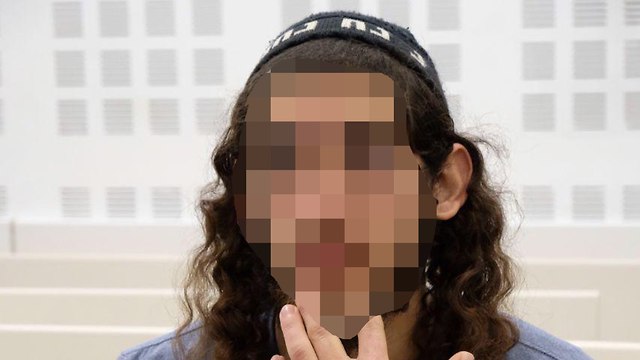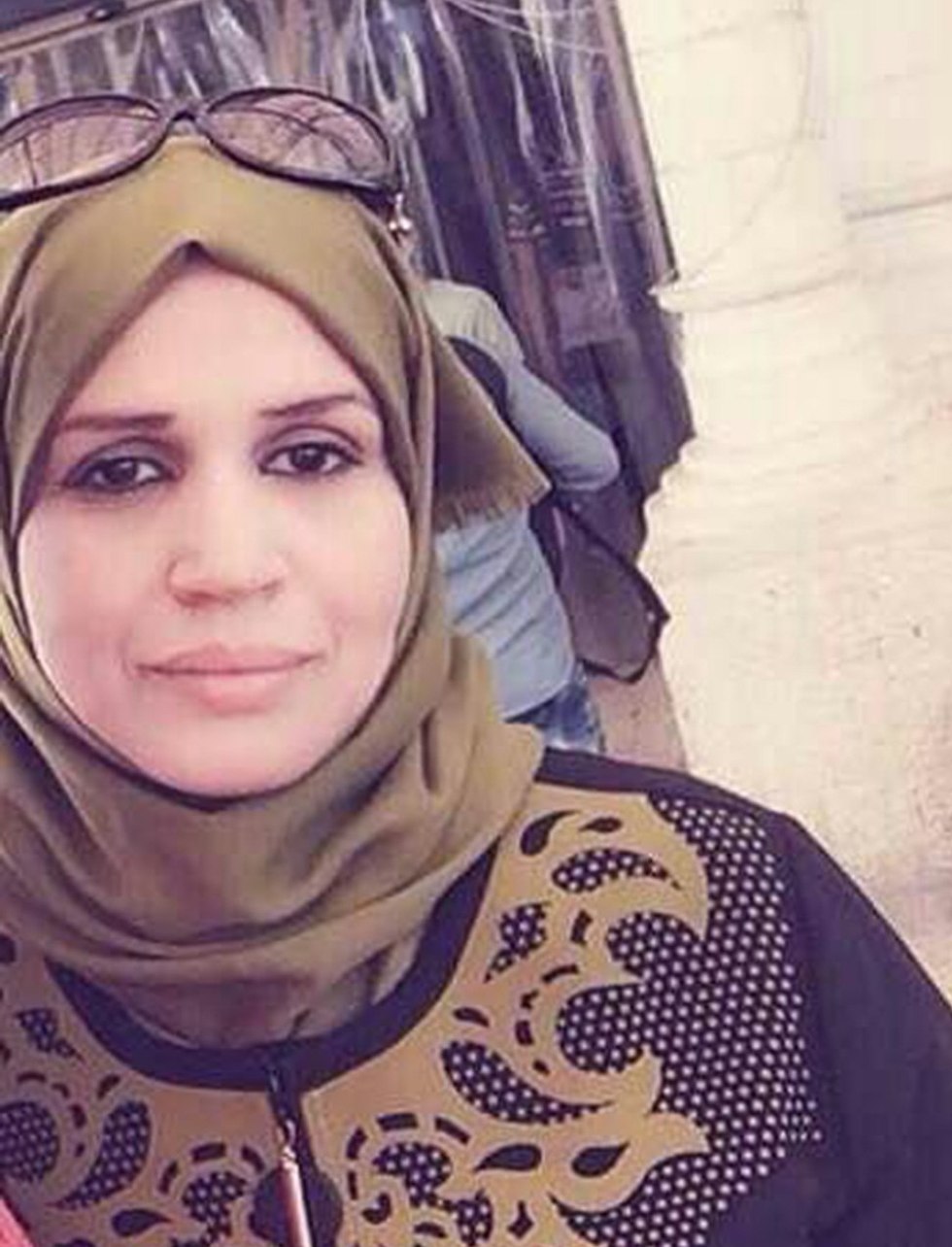Burning someone's house or throwing stones at passenger cars is a grave offence. It cannot be morally justified. These acts are serious and illegal when the assailants are Arabs and the victims are Jews, and they are serious and illegal when Jews take the law into their own hands and attack Arabs.
But, like other detainees, the underage suspects interrogated by the Shin Bet have grown up in an atmosphere where using the right to remain silent is considered a badge of honor rather than a mark of disgrace.
The Shin Bet didn't have to use "necessary investigation" in the past. But now, the suspects enter the interrogation room fully prepared. Most of them have read Noam Federman's pamphlet "Know Your Rights," which instructs suspects on how to behave during a Shin Bet interrogation. If they haven’t read it yet, they must've been taught the Oral Law: keep quiet, keep quiet, and keep quiet.
The boys at the Pri Haaretz yeshiva high school in Rehelim were well briefed. Woe to the suspects who used the Shabbat to disrupt an investigation, and woe to the rabbis who authorized such behavior.
You cannot lend a hand to obstruction of justice and at the same time complain about aggressive interrogation methods. Just to make things clear, I do not condone the use of "necessary investigation" techniques or any aggressive interrogation methods, especially when they are used on minors.
The court has already had its final word — when it threw out a confession given by an Israeli minor suspected of involvement in the 2015 deadly Duma terror attack on a Palestinian family, as well as the confession of a minor suspected of damaging property in a 2013 attack at the Abbey of the Dormition in Jerusalem.
In my line of work, I am exposed to a variety of legal material, some of which describing the Shin Bet's "necessary investigation" techniques. When I read these, I was so horrified that I couldn’t sleep for days on end. Someone in the Shin Bet was eager to solve the Duma terror attack at any price, even at the cost of inflicting terrible pain on a minor.
The State Prosecutor's Office and the Shin Bet denied these allegations.
At the time, I and public figures who respect the rule of law believed the Shin Bet and the State Prosecutor's Office. It took several months until the public and the leaders discovered the truth. Despite ongoing attempts to hide their interrogation methods, the secret was out when the court ruled that the Israeli security agency has indeed made use of aggressive interrogation methods.
The settler-religious public is embarrassed by the murder of Aisha al-Rawbi. They condemn the actual deed — inflicting pain on a mother of nine children is condemned by all, if the crime was indeed committed by Jews. The embarrassment felt has to do with the question of whether to defend the suspects or support the Shin Bet, which is doing everything in its power to solve the crime.
My answer is clear. The rights of minors must be protected. We should oppose aggressive interrogation methods, but, at the same time, demand the cooperation of suspects.
In my opinion — and I expect rabbis and public figures to follow suit— those who cover up crimes are criminals and vice versa: those who expose criminals are not snitches but responsible people who save lives and protect the public.
Every Jewish terrorist endangers not only the lives of innocent Palestinians, a terrible thing in itself, but also the lives of settlers. "Price tag" crimes take up security forces' precious time, making it harder for them to concentrate on their main task — the war on Palestinian terrorism and protecting Israeli lives.
Cooperation with Shin Bet interrogations, while denouncing anyone who uses violence and covers it up, will one way or the other preclude the need for "necessary investigation" techniques.
Were the Shin Bet's interrogation techniques justified? : http://bit.ly/2D05rtz


No comments:
Post a Comment